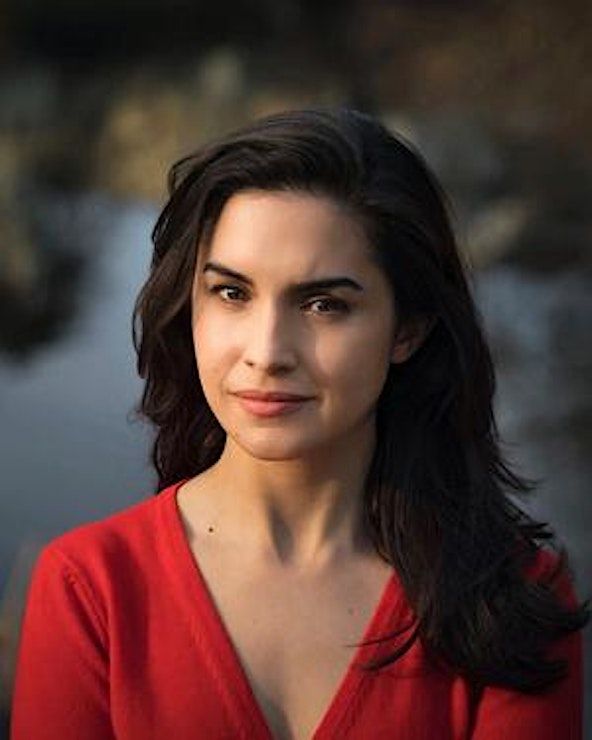 Join Merve Emre for a three-session webinar on Nella Larsen’s Quicksand
Join Merve Emre for a three-session webinar on Nella Larsen’s QuicksandAbout this Event
Three one-hour sessions: April 7, 14, and 21. All sessions will start at 5pm EDT.
Nella Larsen's Quicksand, the first of two extraordinary novels that she published, follows Helga Crane, a well-educated, biracial, and perpetually dissatisfied young woman, from the American south to Chicago, Harlem, Copenhagen, and rural Alabama. What Helga will do is inextricable from what Helga sees other people doing—men and women, rich and poor, black and white, liberal and radical, Northern and Southern, American and European, all limited and imperfect in their own ways. We will track how Quicksand roots questions of action and identity in the overlapping crises of race, gender, sexuality, class, and nation that came to a head in the 1920s.
About Merve Emre

Merve Emre is the Shapiro-Silverberg Professor of Creative Writing and Criticism at Wesleyan University and the Director of the Shapiro Center for Creative Writing and Criticism. Her books include Paraliterary: The Making of Bad Readers in Postwar America, The Personality Brokers (selected as one of the best books of 2018 by the New York Times, The Economist, NPR, and The Spectator), The Ferrante Letters (winner of the 2021 PROSE award for literature), and The Annotated Mrs. Dalloway. She has been awarded the Philip Leverhulme Prize, the Robert B. Silvers Prize for Literary Criticism, and the Nona Balakian Citation for Excellence in Reviewing by the National Book Critics Circle. She is a contributing writer at The New Yorker and a regular contributor to the New York Review of Books, where she also hosts the podcast “The Critic and Her Publics.”
About this series
In his preface to The Portrait of a Lady, Henry James recalled the challenge presented to him by the novel’s main character, Isabel Archer. “By what process of logical accretion was this slight ‘personality,’ the mere slim shade of an intelligent but presumptuous girl, to find itself endowed with the high attributes of a Subject?” he wondered. “Well, what will she do?” This seminar takes James's question—“What will she do?”—as crucial to the novel, a genre of fiction that has been particularly interested in how young women determine what to do with their lives. Reading across six novels—Jane Austen’s Emma, George Eliot’s Middlemarch, Henry James’s The Portrait of a Lady, Nella Larsen’s Quicksand, and Elif Batuman’s Either / Or—we will trace the history of the novel through its evolving representations of sex, desire, race, class, and a distinctly female consciousness.
Event Venue
Online
USD 107.48 to USD 214.19











